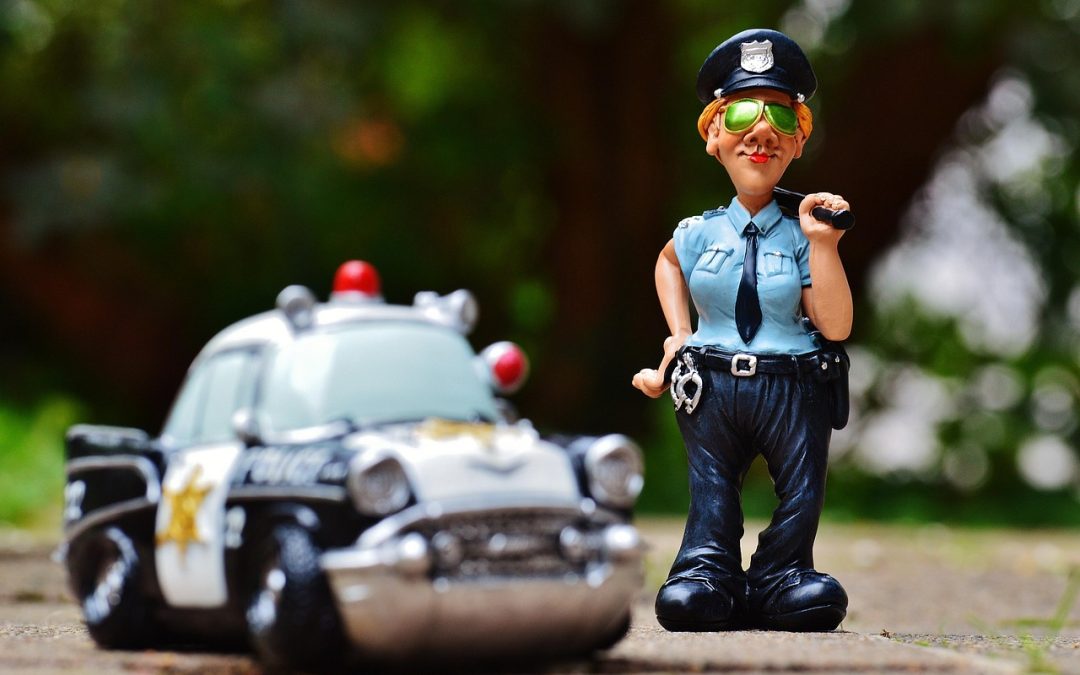As communities come together to advocate for change, it’s essential to understand the role police play in our daily lives and how we can work towards reform. While law enforcement agencies have a critical role in maintaining public safety, it’s equally important for citizens to know their boundaries and assert their rights when interacting with police.
Understanding Your Rights During Police Interactions
When dealing with police, it’s crucial to remember that you have rights that are protected by the Constitution. The Fourth Amendment, for instance, protects citizens from unreasonable searches and seizures. This means that police need probable cause or a warrant to conduct a search. Furthermore, the Miranda rights, which include the right to remain silent and the right to an attorney, are essential to know when interacting with law enforcement.
De-escalation Techniques and Safety Precautions
When interacting with police, it’s essential to prioritize safety and de-escalation. Here are some practical tips:
- Stay calm and composed: Avoid sudden movements or aggressive behavior, as it may escalate the encounter.
- Be respectful and courteous: Use polite language and avoid confrontational tone.
- Keep your hands visible: Avoid putting your hands in your pockets or behind your back, as it may be perceived as a threat.
- Avoid physical contact: Refrain from touching police officers or attempting to resist arrest.
- Know when to remain silent: If arrested, exercise your right to remain silent and request an attorney.
Navigating Consent Searches and Stop-and-Identify Laws
Consent searches and stop-and-identify laws can be complex and vary by state. It’s essential to understand your rights in these situations. Remember:
In most states, you have the right to refuse a search without a warrant. However, some states have stop-and-identify laws, which require you to provide identification if there’s reasonable suspicion that you’re involved in illegal activity.
“The Constitution is not a panacea for every problem, but it is a safeguard against the worst abuses of power.” – Justice William J. Brennan Jr.
In conclusion, community organizing for police reform requires a deep understanding of our rights and responsibilities. By knowing our boundaries, asserting our rights, and de-escalating encounters, we can work towards a safer and more just society. Remember to stay informed about local laws and regulations, and always prioritize safety and respect during interactions with police.
The information at Observed.Org may not pertain to every jurisdiction. It is YOUR responsibility to know your rights and observe them. Nothing here should be considered legal advice.

